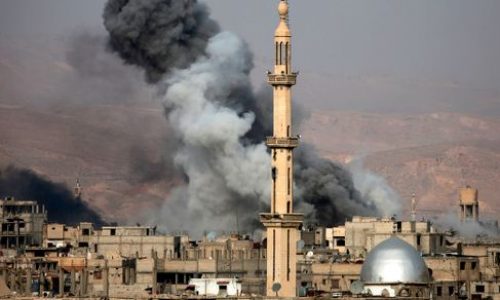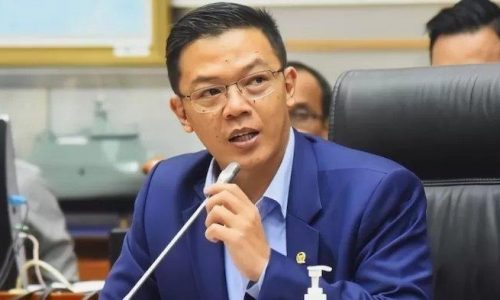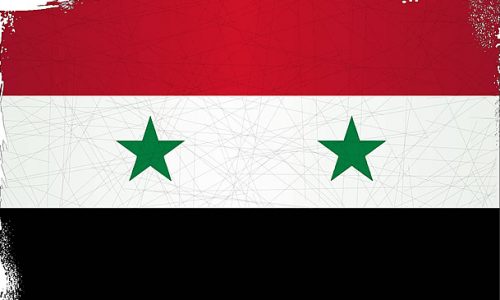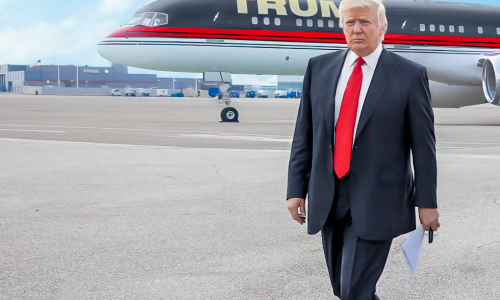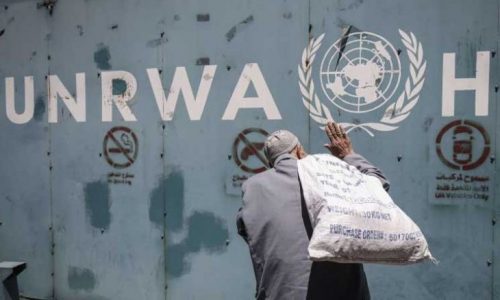The governments of Zimbabwe and Democratic Republic of Congo have respectively banned the exports of lithium and cobalt in 2022, which may affect the future of battery and electric vehicle industries in many countries including in Indonesia.
Reuters news agency reported in December 2022 that Zimbabwe imposed a ban on the export of unprocessed lithium, in a bid to stop artisanal miners who are digging up and taking the mineral across borders. The country holds some of the world’s largest reserves of hard rock lithium, a vital mineral in the production of clean energy technologies. The largest lithium mine in Zimbabwe, located 300 kilometers south of the capital Harare, holds a reserve of about 11 million tons of lithium ore. The ban does not apply to mining companies that are building processing plants.
Chinese giants Zhejiang Huayou Cobalt, Sinomine Resource Group and Chengxin Lithium Group have acquired lithium mines and projects worth a combined US$ 678 million in Zimbabwe in the past years. They are at various stages of developing mines and processing plants, which would exempt them from the ban.
Meanwhile, Congo is the world’s largest producer of cobalt and accounts for roughly 70% of global production. The country has resumed the export ban on copper and cobalt concentrates. It banned concentrate exports in 2013 to encourage miners to process and refine ore locally, but due to insufficient smelting capacity, the Congolese government has repeatedly issued exemptions. The ban allows the Minister of Mines to grant individual exceptions on a case-by-case basis upon application by the parties concerned. A ban on the export of such metals from Congo could put pressure on the global supply of copper and cobalt, and analysts expect shortages in both markets to become apparent in 2024.
Impact on Indonesia’s EV aspirations
The ban of lithium and cobalt exports by Zimbabwe and Congo could put pressure on the global supply of lithium and cobalt and may hinder Indonesia’s aspirations to become a significant player in the EV industry. Moreover, Indonesia’s carbon-intensive and environmentally damaging nickel sector poses a challenge for EV manufacturers, who are under pressure to manage ESG (environmental, social, governance) issues in their supply chains, including carbon emissions. The supply of low-carbon nickel, which some EV manufacturers prefer, is insufficient and comes with a higher price tag.
Indonesia, which has the world’s largest nickel reserves, is making a push to become a major player in the rapidly growing electric vehicle (EV) industry. The government has been eager to develop its downstream mining industry, banning export of raw nickels. This effort, however, faced a tough challenge from the European Union as Indonesia lost in the World Trade Organization (WTO) over the policy.
Read also: Government’s plan to ban copper exports may cause 40,000 jobless
Indonesia is focusing on developing two popular nickel-based battery blends for EVs and aims to become a key player in the growing industry. However, the country currently relies on imports for critical minerals such as lithium. Indonesia is also arguably reliant on cobalt imports even after the recent upsurge of production. In 2020, Indonesia imported US$ 3.32 million of cobalt, becoming the 39th largest importer of Cobalt in the world.
The government will also start banning the exports of bauxite in June 2023, followed by copper. President Joko “Jokowi” Widodo explained that the government’s ban on raw mineral exports was aimed to ensure added value by developing downstream industries.
Indonesia’s biggest challenge in the future is to develop a comprehensive system that integrates nickel, bauxite, copper and tin to produce processed or partially processed products that add value to the people, including employment opportunities.
Economist Geoff Riley wrote in his article at tutor2u.net that the main motive of the governments was to encourage inward investment at later stages of the supply chain – including manufacturing electric batteries.
“An export ban is designed to change the incentives for processing firms to relocate so that resource-rich nations can more of the value-added in – for example – the manufacturing of electric batteries. Whether or not these nations have the energy infrastructure, human capital and other inputs required to grow manufacturing capacity is open to question. Do export bans work in the long run?” he wrote.


